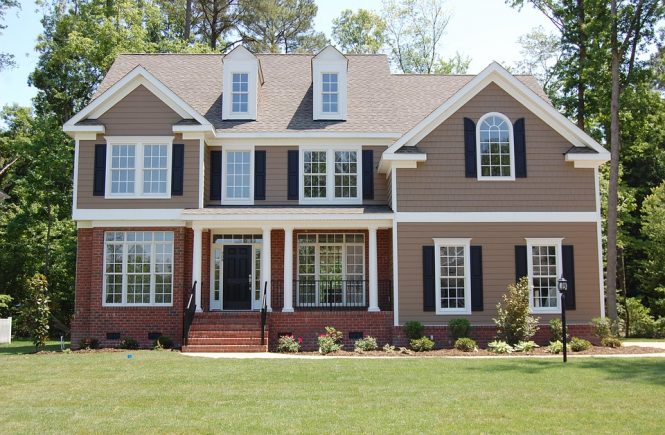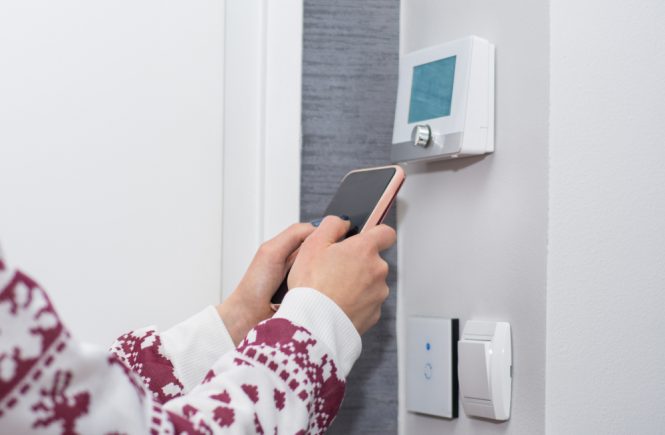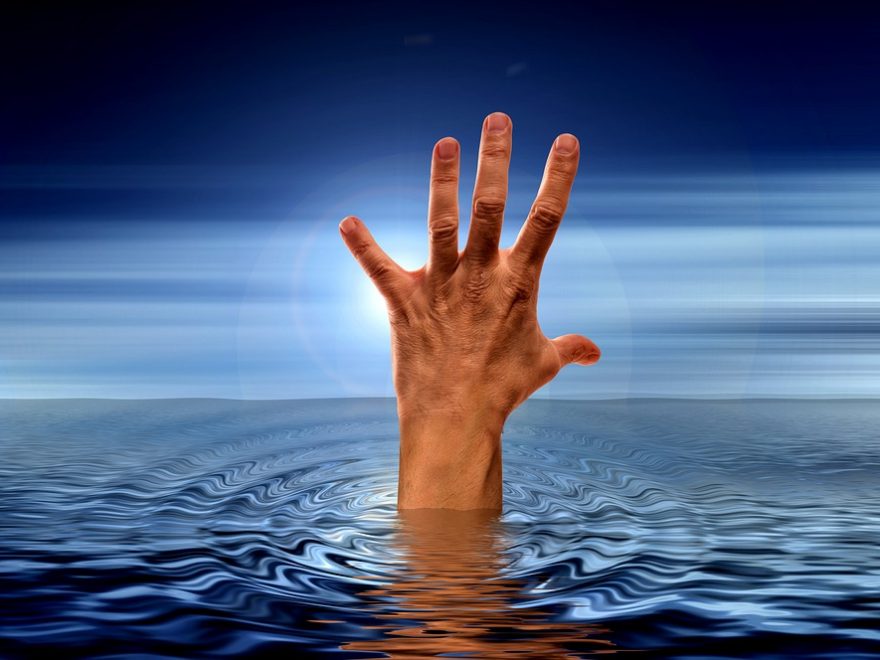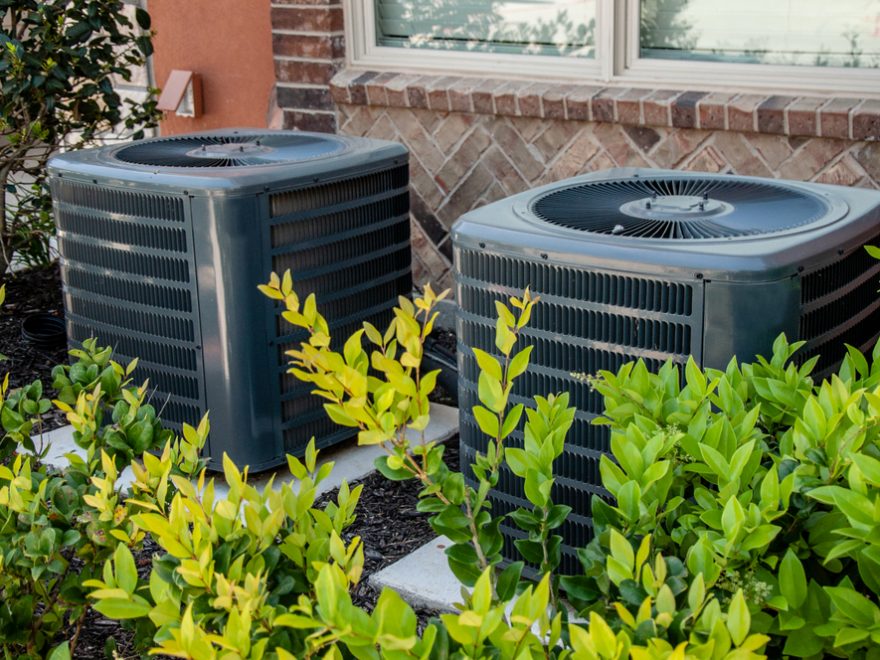Humidity inside your house can cause a lot of discomfort during the heat of summer.
Even worse, serious health hazards can be caused when humidity is inside your home. The increased moisture level in the air might lead to rot and mold on the surfaces that can pose serious health risks.
Humidity levels inside Texas houses can reach up to 60% on steamy and hot summer days. The air conditioner in your home will work hard to reduce the humidity to 30% to 50%, which is a more comfortable level. When humidity is reduced in your house by following the simple steps below, it will reduce your energy bills and you will save money. It will also improve the cooling and circulation in your house.
Keep your entire family comfortable and safe all summer long by following these useful tips below.
Dehumidifier
In the long run, purchasing a dehumidifier will help you save money. When you dehumidify the air, it makes your home feel a lot cooler. That will allow you to increase your AC’s temperature and help you save money. If you want to dehumidify only one room, the average cost of a smaller dehumidifier is about $50. If you want to dehumidify the whole house instead, the price will range from $150 to $300. There are also portable dehumidifiers in various sizes that are available.
Ventilation
Proper ventilation will also help to lower the humidity level. A great deal of steam is produced when you take long and hot showers and that can increase the humidity. Try to turn on the ventilation fan whenever you are taking a shower or open a window. Also, try to reduce your shower temperature and the time as well.
Another useful tip is to turn on the fan when you are cooking in your kitchen. Humidity can be caused by steam from boiling. While you are cooking, cover up all of the boiling pans and pots. That can help to prevent your home from being overpowered by all of the scents as well.
Fans help to increase circulation which can reduce condensation and humidity inside your house. Add portable or standing fans in your home’s most humid areas such as the attic, kitchen, and bathroom.
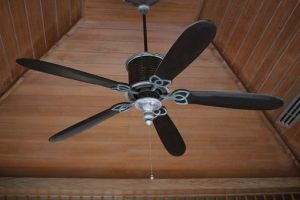
Laundry
High amounts of humidity are produced by a washer and dryer. To reduce the humidity level, be sure only to use your washer and dryer when you have enough for a full load. Or you can dry your clothes outside and that will also help to save money on your utility bills. Be sure your dryer also vents outside. If your dry vents indoors, that adds condensation and steam to the indoor air.
Plants
Moisture is released into the air by plants. When plants open up their pores in order to take Carbon Dioxide in, they release water as well, which creates moisture. If you have lots of plants inside your house, you might want to move some of them outdoors. If you over-water your plants that can also increase the moisture in the air. Only water flowers and plants when necessary. That is also true for your plants outdoors. When you over-water that can create puddles close to your foundation, which will increase humidity also.
Outdoors
Make sure the downspouts on your house are diverting water away from your house instead of creating wet areas close to the foundation. Try to redirect the downspouts so water falls away from the house by five feet at least instead of settling near it. You should also plant your garden one foot away at least from your home’s border.
Your downspouts and gutters should always be clear. When you check your downspouts and gutters on a regular basis it will help to ensure that your house is kept free of humidity. When you are performing your outdoor maintenance, also check for any leaking faucets. If you have any leaking faucets that can result in pools of water that may damage your foundation as well as your bills.

Check Your AC
It might be hard, but increasing your AC’s temperature can help to reduce the humidity level. Instead of blasting your AC, raise the temperature and then turn the fan on instead. Humidity will decrease as the temperature increases.
Your AC drip pans and drain lines, which are the pan and pipe that carries water from the outdoor humidity, is a source of humidity that is often overlooked. Be sure to check them and keep them clear of any buildup of water.
Insulate
There are a number of different areas inside your house where moisture can cause humidity. Your attic, basement, pipes, and windows are all entryways for moisture. That along with steam from cooking and showering can be the equivalent of 18 gallons of water a week for a medium-sized house. Insulating those areas can help to reduce the humidity levels and cut your cooling and heating bills throughout the year.
Some insulating materials that can be used include caulk for filling cracks in the walls and plastic wrap to use on windows. Wall cracks can also be an entryway for moisture to get in that you can fill using caulk.
For greater benefits but more drastic measures, you can waterproof your home’s walls. You can apply some waterproofing materials like Xypex and Drylok to your walls similar to paint. You can also use the products to repair cracks in concrete walls.
Keep All Surfaces Dry
This is the easiest way that you can reduce the humidity in your house. After you wash dishes, be sure to dry the counter and sink. The same is true after you take a shower or brush your teeth.
When left unattended the water puddles that seem so harmless can result in mold (those black brownish colors in your shower corners and in between the tiles). Keep a towel or dish rag in your bathroom and kitchen to dry those areas where water collects instead of letting to dry by itself.
If you try any or all of the preventative measures to humidity above and you still have a problem, then there might be something wrong with your AC unit. Usually, the AC in your house has features that will eliminate humidity. If you believe those features are broken or not working properly, give JV Industries a call today to get the problem fixed.

